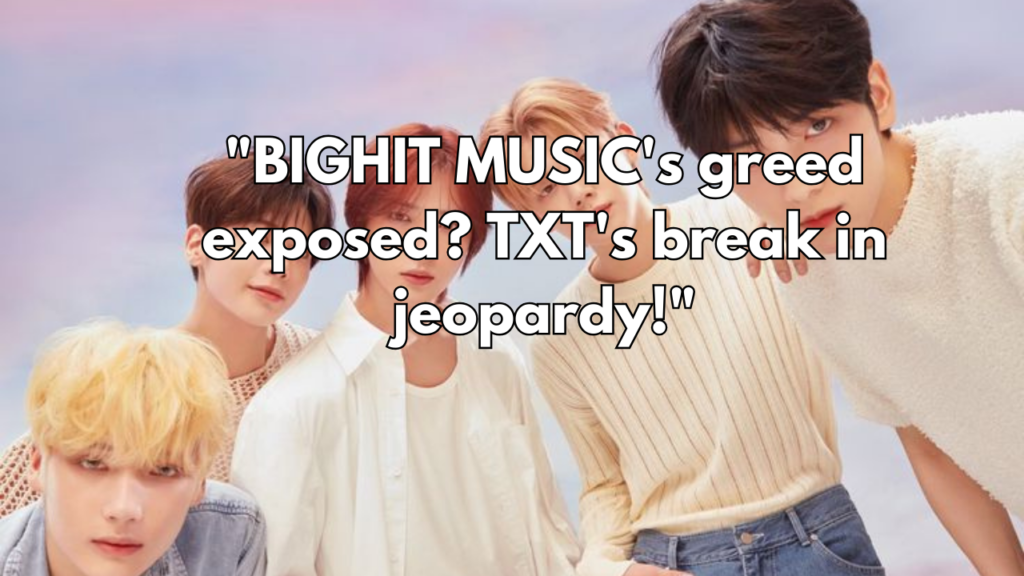HYBE’s internal documents have become the center of attention in the K-pop industry. The HYBE internal documents leak has sparked intense discussions about how entertainment companies analyze fan behavior.
This revelation has raised questions about the relationship between fan culture and corporate strategy. The leak has provided unprecedented insight into how one of K-pop’s biggest companies studies and understands its audience.
Understanding the Ship Culture
The HYBE internal documents leak exposed discussions about “ships” – romantic pairings between group members created by fans. These ships often focus on same-group relationships that fans imagine between their favorite idols.
The phenomenon has become particularly prominent on platforms like Postype, Korea’s equivalent to Wattpad. Fan-created content has evolved into a significant aspect of K-pop culture, influencing how companies approach content creation and artist management.
HYBE’s Analysis of Fan Fiction
Internal documents revealed HYBE’s interest in studying fan-created content. The company specifically noted NCT’s dominance in fan fiction rankings on Postype. They also analyzed how TXT’s music, including “0X1=LOVESONG,” might have been influenced by fan-written stories about members Yeonjun and Beomgyu.
This discovery suggests that entertainment companies actively monitor and potentially incorporate fan preferences into their creative decisions.
The documents also highlighted HYBE’s concerns about adult-rated content on platforms like Postype. Their analysis revealed that many top-ranked fan fictions contained mature themes, particularly those involving NCT members. This observation led to internal discussions about the evolution of fan engagement and its impact on artist management strategies.
Impact on K-pop Industry
The K-pop ships fanfiction study highlighted changing trends in fan engagement. HYBE’s analysis suggested that while some fandoms still embrace ship culture, others are moving toward newer forms of fan expression.
This shift reflects the evolving relationship between idol groups and their supporters. The company’s research indicates a growing need to balance traditional fan engagement methods with emerging trends in the digital age.
Entertainment companies are now faced with the challenge of managing fan-created content while maintaining their artists’ public image. The leaked documents show that HYBE takes a strategic approach to understanding fan behavior, using this information to shape their marketing and content strategies.
Final Thoughts: What HYBE’s Document Leak Reveals About Fan Culture
While the viral list of popular ships wasn’t part of the leaked documents, HYBE’s interest in fan fiction culture is clear. The company’s analysis shows how entertainment agencies study fan behavior to understand their audience better. This insight into HYBE’s internal operations reveals the complex relationship between K-pop companies and fan communities.
The leak has sparked important discussions about privacy, fan culture, and corporate strategy in the K-pop industry. It raises questions about the extent to which companies should study and influence fan behavior, and how this knowledge affects their decision-making processes.
What are your thoughts on companies studying fan-created content? Share your perspective in the comments below!







